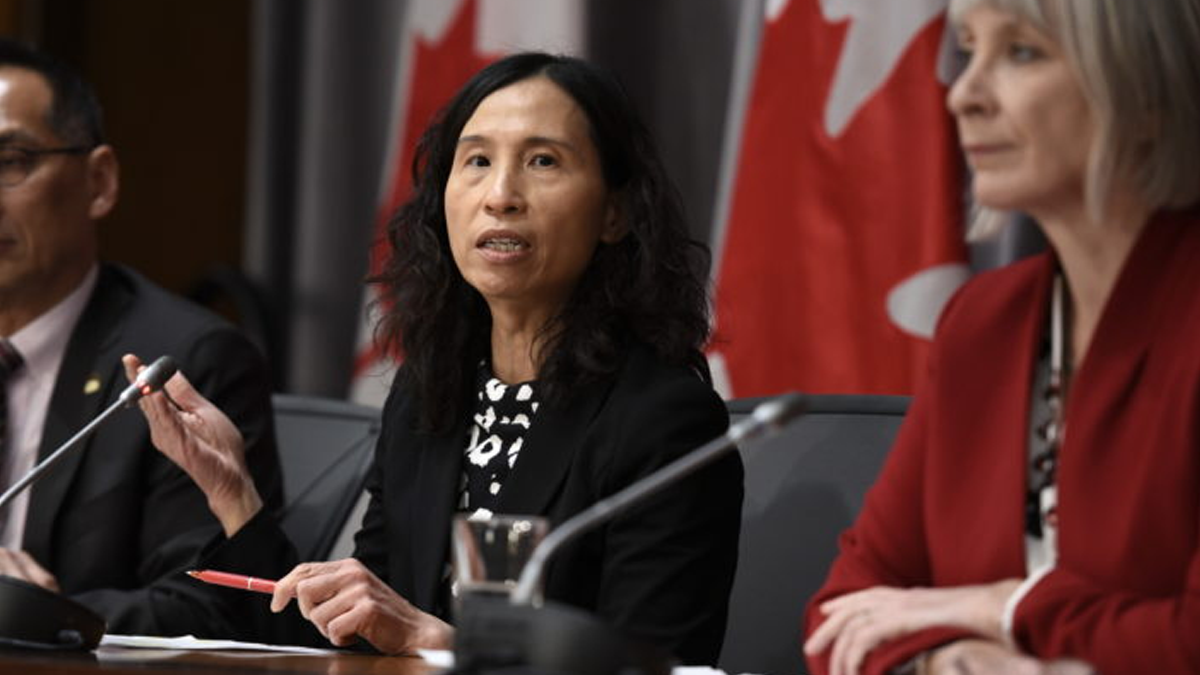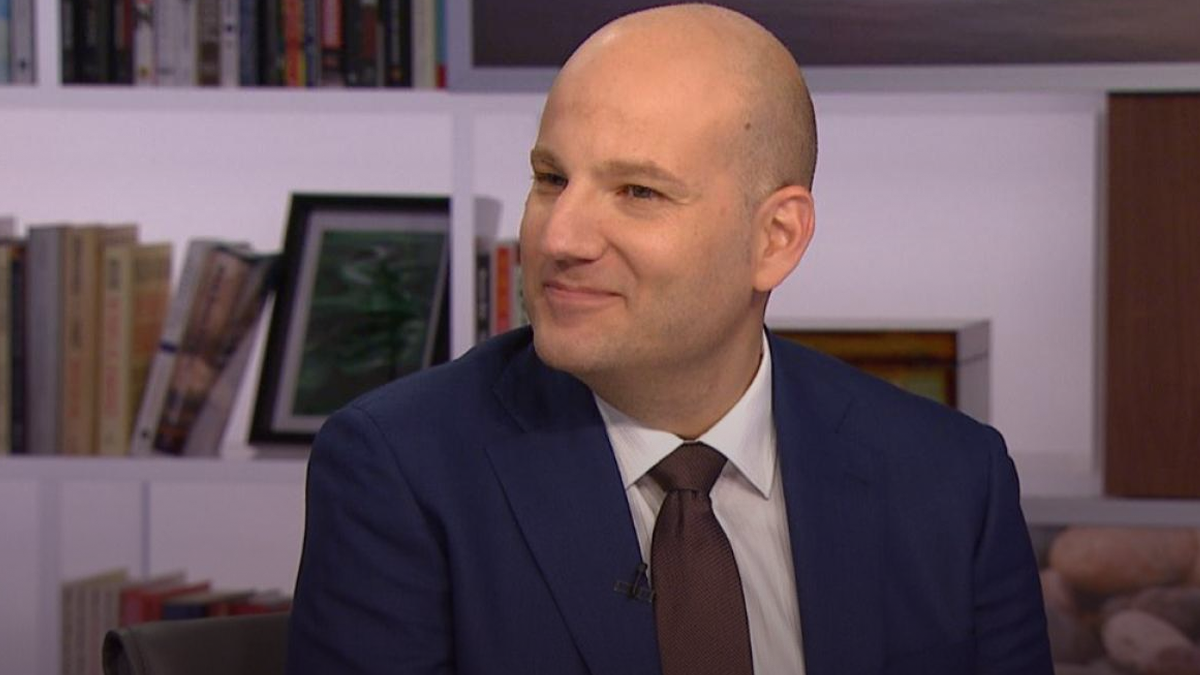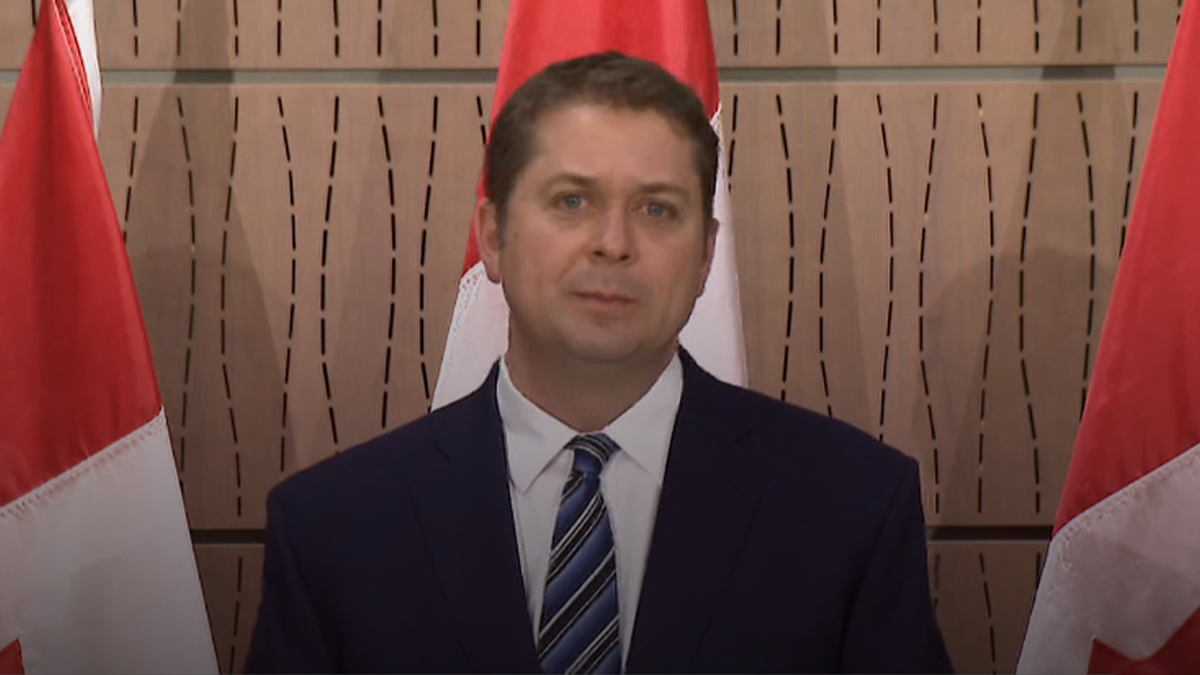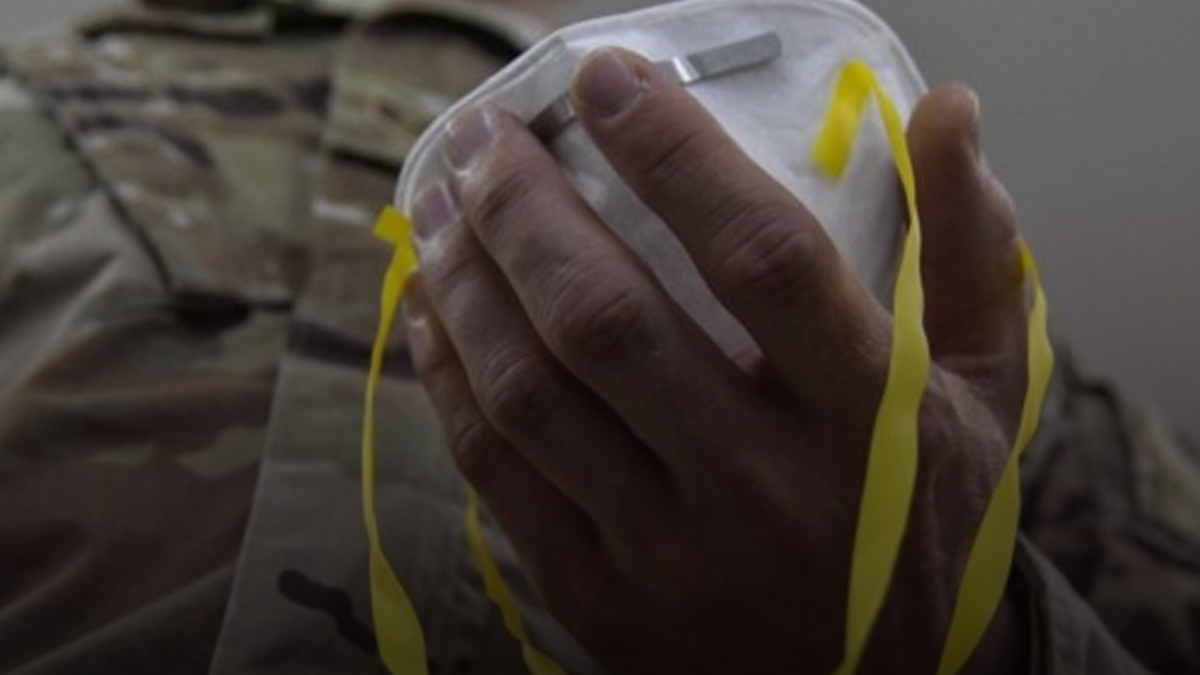On Tuesday, Canada’s Chief Public Health Officer Dr. Theresa Tam admitted that Canada waited too long to close its borders, according to Blacklock’s Reporter.
“I think that in hindsight, yes, I think people could act faster and maybe in the future we will take different decisions,” said Tam with regard to restricting travel into Canada.
“In retrospect and maybe looking forward, the world might be a very different place in terms of whether this kind of measure is enacted,” said Tam.
Tam’s admission occurred during the House of Commons health committee.
The admission comes several months after the Liberal government insisted border closures would be ineffective in containing the coronavirus.
On February 17, Liberal Health Minister Patty Hajdu claimed that shutting Canada’s borders was “not effective at all.”
“The long-term implication of shutting down borders is, one, they’re not very effective in controlling disease. In fact they’re not effective at all,” said Hajdu at the time.
Hajdu maintained her position regarding the effectiveness of border closures. In March, she told reporters that borders were “less relevant” as the virus spread.
“The more countries that have outbreaks, the less relevant borders become. A virus knows no borders,” said Hajdu.
Only a few weeks after the statement, the Canadian government closed its border with the US to non-essential traffic.
When questioned about whether she stood by her position by the end of April, Hajdu seemingly blamed other countries like Iran and Italy for the reason Canada had to close its borders instead of taking responsibility.
“Those containment efforts ultimately failed and I will point to the fact that I stand by the remarks that I made around borders. We now have stronger measures on our borders, it became very clear that other countries did not have a good handle on what their outbreaks were looking like including countries like Iran and Italy who were struggling,” said Hajdu.
On Tuesday, the federal government extended restrictions along the US-Canada border up to June 21.



























